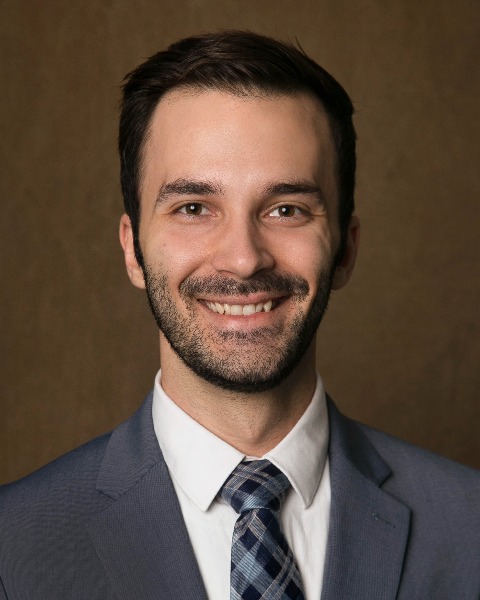Clinical Nutrition (Poster Session)
(P03-016-24) Energy Needs Are Typically Overestimated for Patients With Hepatocellular Carcinoma
Sunday, June 30, 2024
11:45 AM - 12:45 PM CT
Location: Poster Board 171
- LH
Lydia Hartwig, MS, RD
Texas Woman's University
Beale AFB, California, United States 
Derek C. Miketinas, PhD, RDN
Assistant Professor
Texas Woman's University
Houston, Texas, United States
Presenting Author(s)
Co-Author(s)
Objectives: Hepatocellular carcinoma (HCC) is a metabolically demanding carcinoma with many nutritional implications yet limited guidance regarding energy needs. This study assessed if Registered Dietitians (RDs) could accurately estimate the resting and total energy expenditure (REE and TEE respectively) of patients with HCC presented in two case studies.
Methods: Two standardized case studies were administered to RDs using Psychdata. The case studies comprised de-identified data from an ongoing study at Texas Woman’s University. The survey assessed the accuracy of the RDs’ energy expenditure estimations compared to the known energy expenditure of the case study subjects. Descriptive statistics were presented for continuous (mean ± SD) and categorical (n, %) variables. A one-sample t-test assessed the accuracy of the RDs’ estimates of REE and TEE. ANCOVA identified associations between REE/TEE accuracy and RD characteristics. Simple linear regressions modeled the magnitude of error in responses as a function of self-reported confidence in the accuracy of their estimate. Raw p-values were reported for statistical tests.
Results: Participants (n = 49) tended to be female (80%) with an average age of 34.6±9.4y. Most were practicing in the inpatient setting (51%) and most had either a master’s or PhD degree (52%). RDs overestimated both patients’ needs by >10% and there was high variability in their responses. Length of practice, age, self-reported confidence, resources used, and RD specialty were not associated with accuracy.
Conclusions: Accurately assessing energy needs is critical in cancer patients. This study indicates that more evidence-based practice guidelines, predictive equations, and estimation tools are needed for this population.
Funding Sources: Supported by Texas Woman's University Research Enhancement Program Award #3364
Methods: Two standardized case studies were administered to RDs using Psychdata. The case studies comprised de-identified data from an ongoing study at Texas Woman’s University. The survey assessed the accuracy of the RDs’ energy expenditure estimations compared to the known energy expenditure of the case study subjects. Descriptive statistics were presented for continuous (mean ± SD) and categorical (n, %) variables. A one-sample t-test assessed the accuracy of the RDs’ estimates of REE and TEE. ANCOVA identified associations between REE/TEE accuracy and RD characteristics. Simple linear regressions modeled the magnitude of error in responses as a function of self-reported confidence in the accuracy of their estimate. Raw p-values were reported for statistical tests.
Results: Participants (n = 49) tended to be female (80%) with an average age of 34.6±9.4y. Most were practicing in the inpatient setting (51%) and most had either a master’s or PhD degree (52%). RDs overestimated both patients’ needs by >10% and there was high variability in their responses. Length of practice, age, self-reported confidence, resources used, and RD specialty were not associated with accuracy.
Conclusions: Accurately assessing energy needs is critical in cancer patients. This study indicates that more evidence-based practice guidelines, predictive equations, and estimation tools are needed for this population.
Funding Sources: Supported by Texas Woman's University Research Enhancement Program Award #3364
